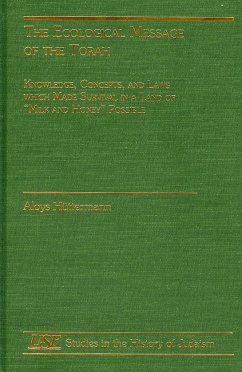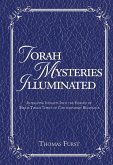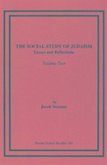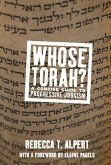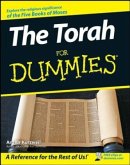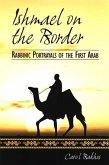The Hebrew Bible was written by authors who had a very modern idea of basic biology and a deep insight into the functioning of fragile ecosystems. They had a well-founded concept of how nature should be treated so that it would not be degraded but preserved and handed over intact to the next generation. To achieve this goal the sages did not rely on a general feeling of benevolence towards nature but came up with a cogent system of laws which precisely directed their way of handling natural resources. The main goals of these ecological commandments of the Torah were to avoid overuse of the land and to maintain a high diversity of species. This program enabled the Israelites to establish a highly productive sustained agriculture under the rather adverse conditions of a 'land of milk and honey.'
Bitte wählen Sie Ihr Anliegen aus.
Rechnungen
Retourenschein anfordern
Bestellstatus
Storno

